The winner and loser of Bain s trade: JJJ misses the big contract this summer, Harris or Dawa is about to leave the team
6:24am, 19 June 2025Basketball
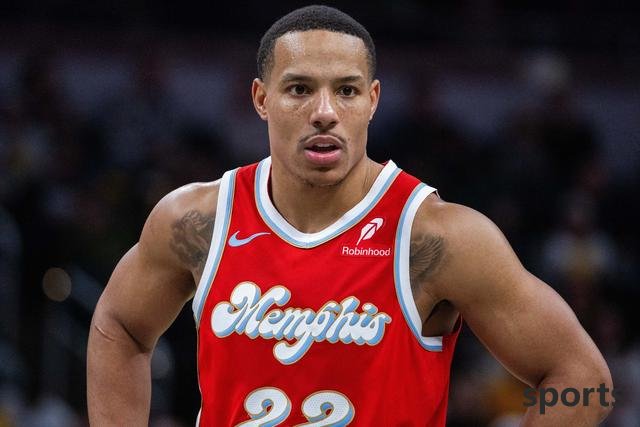
(The original text was published on June 16, and the author is Dan Favale in the open-air stands. The content of the article does not represent the translator's opinion)
Grizzlies and the Magic kicked off the NBA's crazy trading season. According to the first report by ESPN reporter Shams, the Magic gave Pope, Cole Anthony, four first-round picks and one first-round swap rights in exchange for Bain of the Grizzlies. The deal marks a fundamental shift in both the Grizzlies and the Magic, and may also herald a broader team-building trend in the league.
Now let's start the traditional "winner and loser" analysis framework to interpret this deal. It should be noted that this is only an analysis of the current instant response. As the two teams continue to operate in the offseason, the complete winning and losing pattern may still change. The following evaluation is based entirely on currently known information and does not make any additional speculation.
Winner: Desmond Bain
Bain played for the Grizzlies with a remarkable career. Over the past four years, he has averaged more than 20 points and 4 assists per game, while averaging 7 three-pointers with a shooting percentage of more than 40%. Only Curry has met all these data standards during the same period. Joining the Magic will not significantly change Bain's role positioning. The Magic will allow him to undertake more pass tasks, and judging from his decision-making ability to break through and pass the ball, he is ready. But there is still at least one player with higher priority in the Magic lineup (Bankero), so his value will still be mainly derived from shooting ability and the role of the second ball holding point. No matter how you interpret it, this is good news for Bain. If he assumes a more important organizational role, his growth trajectory will gain more recognition and enhance his league status; even if he maintains his current style of play, he will be more likely to hit All-Star seats and championship honors in the Eastern Conference with an open competitive landscape.
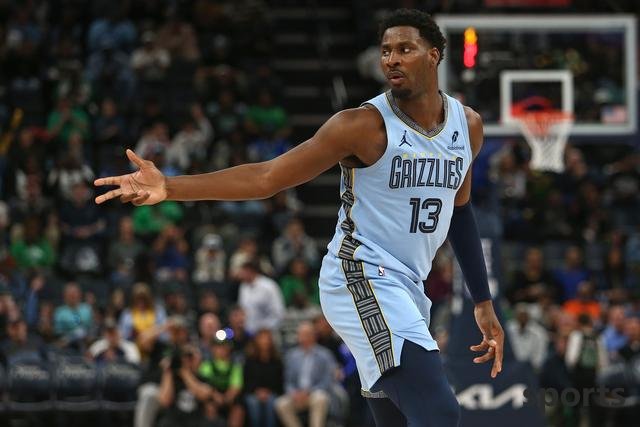
Loser: Jaren Jackson Jr.
Jaren Jackson Jr. seems to have to continue waiting for his next big contract. Prior to this deal, the Grizzlies had about $7 million in cap space. Most people expect that they will use the funds to increase Jaren Jackson Jr.’s salary to around $30.4 million next season, and then provide a four-year, $190.8 million contract extension based on that. At present, this solution is no longer possible. Considering that the Grizzlies have 16 picks in this year, the Grizzlies' total salary will actually increase, and the team's current salary space is less than $5 million. While it is still possible to renegotiate and renew his contract with Jaren Jackson Jr., he must accept that his salary will only increase to about $28 million next season, accompanied by a four-year, $175.6 million contract extension. Perhaps this is acceptable to Jaren Jackson Jr., but if he becomes a full free agent in 2026, he will have a chance to fight for a larger contract, by then the Grizzlies will be offered a four-year maximum salary contract of $228.6 million (if you sign a five-year maximum salary, it will be $296 million). From being expected to trigger a super maximum salary by being selected for the best team to possibly receiving a contract renewal of 190.8 million, the number has shrunk by $15 million. Jaren Jackson's prospects for renewal are undergoing layers of relegation.
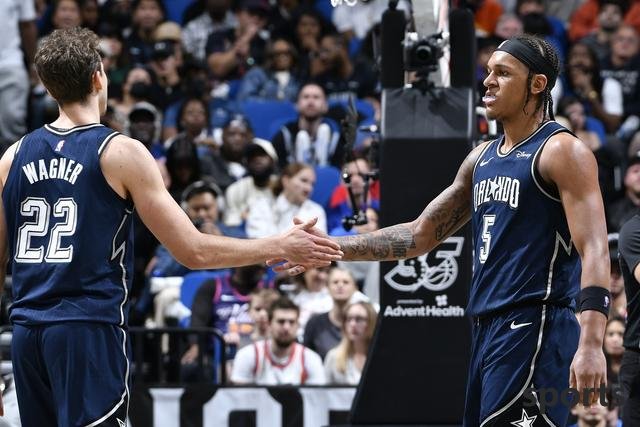
Winner: Magic's offensive system
Since Dwight Howard wore the Magic's jersey, Magic has not ranked among the top 15 offensive efficiency in the league, and has been deeply involved in the league's last camp since 2017. This season, the Magic ranked 26th in the league in scoring in each round, once again exposing the fatal shortcomings of creativity and projection ability. Here is the Magic's miserable ranking in key offensive data (please be mentally prepared before reading):
Half-court offensive efficiency: 27th
Two-point shooting percentage: 22nd
Three-point shooting percentage: 30th
Large open jump shot (10 feet away) Hit percentage: 30th
The arrival of Bain will substantially improve all the above data of the Magic. Although he is not a traditional field-controlled guard, the Magic can add another player with the ability to make decisions with the ball. At least, the scoring difficulty of the Magic core lineup will be significantly reduced. This will be in stark contrast to this season: when Ban Keiro, Sargers and Wagner Jr. are on the court at the same time, offensive efficiency is only better than the league's 21% lineup combination.
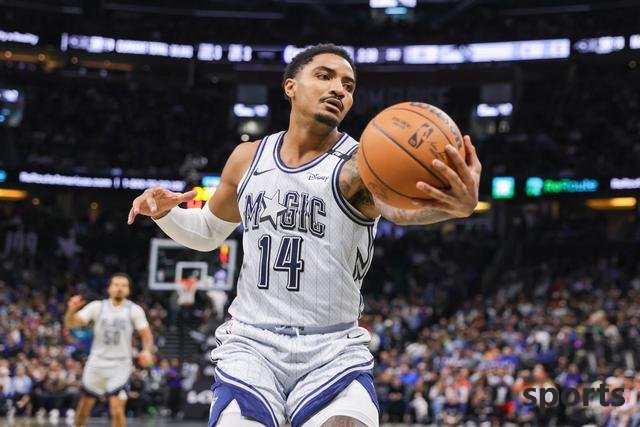
Losers: Gary Harris or Moritz Wagner
Gary Harris ($7.5 million) and Greater Wagner ($11 million) will both come with team options next season, and it is unclear whether the Magic will execute these options until the Bain trade occurs. Nowadays, magic is almost certain to give up execution. If all the lineup is retained, the Magic's total salary will exceed US$205 million next season, extremely close to the second rich line (US$207.8 million). It is not clear whether the salary packing operation generated by the Bain transaction will trigger a hard salary cap limit, which can be avoided if the transaction is completed before the start of the new year. But in fact, trading timing is no longer relevant to hard salary cap restrictions. With Ban Kairo about to sign a maximum salary renewal, the Magic will face an extremely expensive core lineup in the future, and they will not be able to maintain a player salary of more than $200 million next season. Harris and Wagner the Biggest are the easiest contracts to clean up, with Cory Joseph ($3.4 million) and Caleb Hustaine ($2.2 million) also coming with team options, but giving up on them won't significantly improve their salary profile. Although Harris and Wagner of the Greater could still re-sign a new contract with the Magic, at least one of them would never be able to get the amount in the original team option.
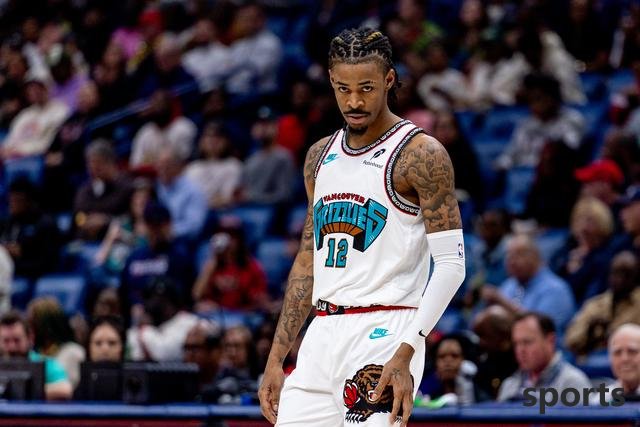
Winner: The Grizzlies' operational flexibility
Losing Bain's offensive firepower is certainly a pity, but the Grizzlies have squeezed great rewards from this player who may miss the All-Star for the rest of their lives. Pope's contract ($43.2 million) now seems to have a premium, but this season he quietly played at the league's top defensive level. His joining will not only reduce the defensive burden of players such as Jaylen Wells and Scottie Pippen Jr., but also improve the Grizzlies' deterrence on the defensive end as a whole, but also improve the Grizzlies' deterrence overall.. This reinforcement is particularly important considering that Zach Eddie will miss the game early next season due to an ankle injury. Clearing Bain's contract ($163.2 million for four years) also reduces the risk that the Grizzlies are unable to renew Jaren Jackson Jr. In the future, although the re-signal renewal plan has basically failed, Jaren Jackson Jr. Jr. may have rejected the offer. It is impossible for the Grizzlies to pay maximum salary or quasi-maximum salary contracts to Bain, Jaren Jackson Jr. and Morant in 2026 and beyond at the same time.
The most important thing is that the Grizzlies are accumulating a large number of draft assets with great imagination. In 2026, the Magic will receive the second highest first-round pick among the Suns, Magic and Wizards, and when the first-round picks are fulfilled in 2028, 2029 (the first-round swap rights protected by the top two picks) and 2030, the Magic's record ranking is full of variables. The Grizzlies' follow-up operations are full of possibilities and mostly positive directions. This batch of assets can not only become the cornerstone of the team's reconstruction, but also supplement the long-term rotation lineup through low-cost drafts. Maybe even packing these draft picks to launch another big deal, how about Kevin Durant? Or Jaylen Brown? Of course, the Grizzlies' deal is not risk-free. They gave up on the in-fighting power and proven lineup chemistry in exchange for future flexibility. Before judging the correctness of this move, we need to observe where these chips will eventually go. However, given the hopeless breakthrough of the existing core lineup, it is wise to temporarily improve future flexibility.
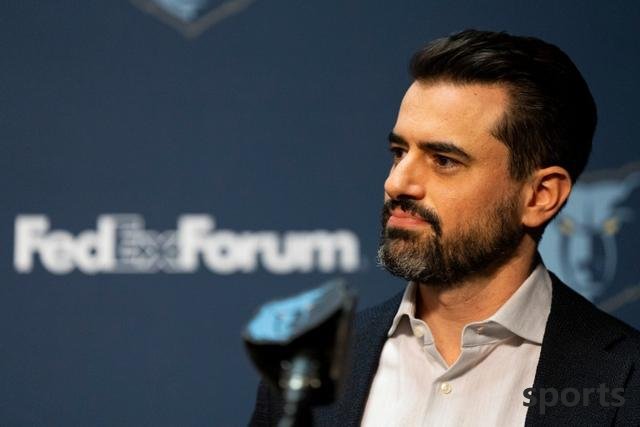
Loser: The NBA team's championship window period is getting shorter and shorter. Does this require more evidence? By today's league standards, the Grizzlies' core lineup has been maintained for quite a long time. Even though we have won 50 consecutive victories in the 2021-22 season and 2022-23 season, we still cannot avoid major changes after two seasons of injury plagued by the situation and surge in salary pressure. The Magic seem to have accepted the reality of the extremely short-term championship window. With Ban Kairo's maximum salary renewal contract taking effect, they will face the restrictions of the second rich line in the 2026-27 season. Maybe I can hold on for a year after cutting my salary next season, but I will never be able to withstand the pressure of the rich line for a longer period of time.
As the Clippers and Nuggets showed differently in the offseason last year, most teams would view the second rich line as an insurmountable hard salary cap, and those who dared to break through the line will decisively withdraw from the area this summer, such as the Suns and Celtics next season. Magic will not be an exception, and so will other teams. But the Magic’s gamble this time is particularly intriguing: although the core players are still very young, they have taken the initiative to compress the championship window to two years, and the lineup will surely usher in a squad. This operational strategy, which is both fascinating and crisis-ridden, is undoubtedly a heavy wake-up call for fans who advocate sustainable development and lineup continuity.
Winner: This year's offseason trading wave,
ESPN reporter Shams once predicted that we will usher in the "craziest offseason in history." At that time, doubters quickly pointed out that the overall insufficient purchasing power of the alliance and the constraints of the new salary cap regulations are contrary to this prediction, and now it seems that these concerns are redundant. The deal will obviously become the main means of team operation, and Bain's blockbuster deal is just an appetizer. Durant will be the next focus, and Antetokounmpo may also be involved in trading rumors. The Celtics are about to start the transition season, and Derek White and even Jaylen Brown may become the bargaining chip. Trae Young's contract renewal will be his turning point in the future of the Eagles.
This does not include those teams looking for big upgrades: after witnessing the Magic Reinforcement, the Heat are more eager for big moves than ever before; the Pistons may also join the arms race; the Rockets have sufficient assets and talents and can operate as they please; the Spurs are the same; it is reported that the Raptors are planning their own big deal; the Sixers may be the weirdest Title sign holder in history, and no one can predict their choice direction; the Trail Blazers may join in the mid-season after the outbreak; if the Jazz think that the fifth pick cannot be selected as the cornerstone of the team building, they may adopt radical strategies. This roster continues to extend and will surely include players and teams we have not discussed yet. As Shams predicts, we seem to be ushering in the "craziest ever" and at least the craziest offseason in recent years.
Original text: Dan Favale
Compiled by: Li Taibai
Next:Reeves: I m optimistic that Kennett will explode next season. He has been practicing hard recently
Related Posts
- Tuoting referee report: No mistakes or omissions! Kamara Jokic has no problem fighting for the ball, Gordon is undoubtedly a hitter
- Buha: I think the Lakers will consider reuniting with Lonzo Ball. The key is price
- Template Anunobi! US media predicts that Rockets will choose Bryant for the 10th draw, Ethan is not a non-selling product
- 0 points! Halliburton is the worst in the finals, the Thunder s double-core storm
- ESPN analysis: & appears in the new pattern of the NBA East; Pacers Knicks may eliminate the Cavaliers Celtics
- Famous mouth: Booker becomes the face of the sun again after Durant leaves, and he has 2 or 3 years of peak period
- Only two wins away from the championship! Now, it s time to give the Pacers enough respect
- There is no progress in the naturalization of men s basketball team. Li Kaier s team revealed that if he needs to play, is this an alternative?
- Three points and six hits in a row, Mr. Wen went crazy!
